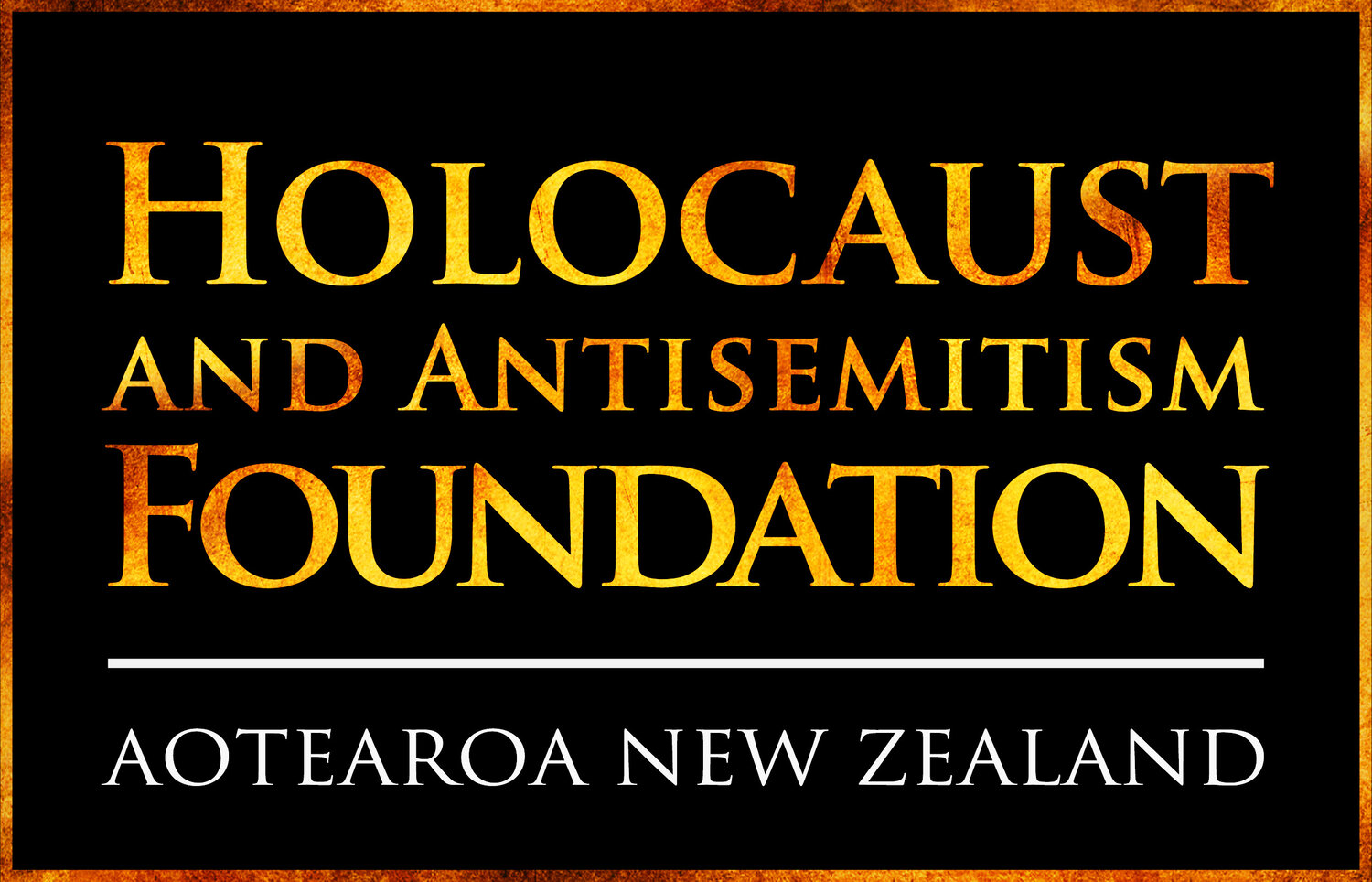“Never Again” in a World That Forgets
On Yom HaShoah Jewish communities around the world gather to honour the memory of six million Jews murdered by the Nazis and their collaborators. In Israel, a siren sounds and the nation will freeze mid-step, in traffic, in work, in thought. Elsewhere, we light candles, recite names, and hold vigils. We remember. Because we must.
But remembrance, while sacred, is no longer enough.
“Never again.” These words, once a solemn vow born from the ashes of Auschwitz, now echo with disturbing hollowness. What was meant as a universal imperative is increasingly recited like a ritual — unmoored from the urgency and clarity it once carried. We speak the phrase. But do we still mean it?
Antisemitism is surging globally, both in its oldest forms and in new guises. Holocaust denial and distortion flourish online and even in schools. Some public figures peddle dangerous historical revisionism. Others cloak hatred in political slogans. Meanwhile, Holocaust survivors — living witnesses to the darkest chapter of the last century — are passing from this world, their stories too often unmet by the world’s will to heed them.
In a bitter irony, the Shoah is fading from public consciousness at the very moment its lessons are needed most. Today, across the globe, we see the early warning signs of genocide — dehumanization, disinformation, and the slow erosion of truth. Ethnic cleansing in some places is met with shrugs; mass displacement in others is buried beneath headlines about fuel prices. Our age is not one of forgetting by accident. It is one of forgetting by choice.
How can we reconcile this with what Yom HaShoah asks of us?
The day was never meant to be about the past alone. It is a call to moral clarity in the present. The Holocaust did not begin with gas chambers — it began with words. With apathy. With neighbours looking away. And so “Never again” must not mean “Never again to Jews alone.” It must mean “Never again to anyone, anywhere” — and it must compel action, not just sentiment.
But it also does mean “never again to Jews.” And this is a truth that must be spoken clearly, especially now.
In the wake of October 7th — the deadliest single day for Jews since the Holocaust — this Yom HaShoah feels heavier. More urgent. We are living through a moment where Jewish vulnerability is once again exposed, not in the distant shadows of history but on the front pages. Israelis were slaughtered in their homes. Children taken hostage. Whole communities shattered. And in the aftermath, many who claim to champion human rights responded not with solidarity, but silence — or worse, celebration.
It is in this context that the message of Yom HaShoah must be understood anew. It is not merely about memorializing the past. It is about recognising the patterns that lead to atrocity and mustering the courage to interrupt them. “Never again” is a warning and a responsibility. A declaration, not of what was, but of what must never be allowed to happen again.
To honour the victims of the Shoah, we must do more than mourn them. We must take seriously what their absence demands of us. As Elie Wiesel warned, “To forget the dead would be akin to killing them a second time.” Remembrance is not passive. It is a moral act — a stand against denial, distortion, and indifference.
Education is a defence, but not a shield. Laws are essential, but not sufficient. The world must learn to recognise the signs of genocide while they are still small — and resist them before they metastasize into horror. That means confronting hate wherever it festers, defending truth when it is inconvenient, and standing with the vulnerable before it is too late.
New Zealand, too, is not immune. Antisemitism here may wear softer edges, but it is no less real. Holocaust distortion, denial, and erasure seep subtly into classrooms, campuses, and discourse. We must remain vigilant — not only out of solidarity with global Jewry, but as a commitment to our own democratic and humane values. If history teaches us anything, it is that the Holocaust did not begin in the camps — it began with the corrosion of truth and the failure of courage.
This Yom HaShoah, let us listen not only to the voices of survivors, but to the silence of those who never had the chance to speak. Let us look squarely at the past — not to be paralysed by it, but to be empowered through it. Let us renew our promise: that “Never again” will not be a wistful slogan, but a real-world obligation.
Because forgetting is the first step toward repeating. And the world has already forgotten too much.

